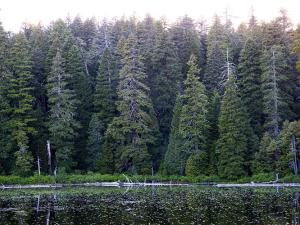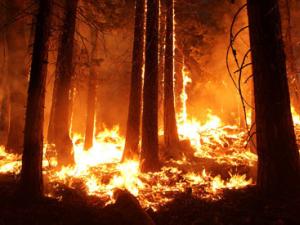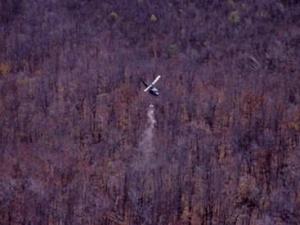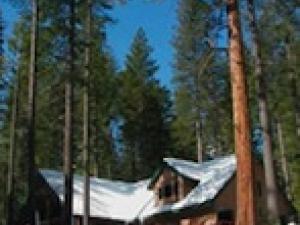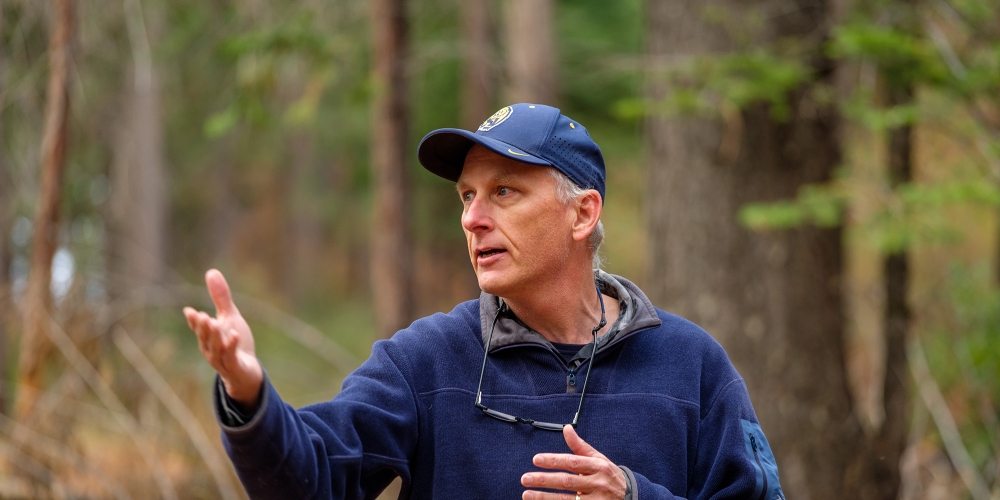

Research Bio
John Battles is a forest ecologist at UC Berkeley who studies how forests grow, change, and recover in a rapidly changing world. He is best known for his research on forest carbon and the role of management, fire, and climate in shaping resilient ecosystems. By combining hands-on fieldwork with data science and modeling, Battles and his students uncover how forests respond to stress—from air pollution to wildfire—and how those insights can guide smarter forest management and policy.
At Berkeley, Battles is a Professor of Forest Ecology in the Department of Environmental Science, Policy, and Management. His work has been featured in leading journals, and he regularly collaborates with state and federal agencies to translate science into practical solutions for sustainable forestry and climate resilience. At Berkeley he teaches classes in ecosystem management and research design and mentors undergraduates in field-based research apprenticeships.
Research Expertise and Interest
forest ecology, sustainability, ecosystem dynamics, disturbance ecology, tree demography, carbon ecology and storage, data science, Sierra Nevada, northern forest
In the News
Prescribed Burning Helps Store Forest Carbon
How Indigenous Burning Shaped the Klamath’s Forests for a Millennia
Wildfires Emit More Greenhouse Gases Than Assumed in State Climate Targets
A new study quantifying the amount of carbon stored and released through California forests and wildlands finds that wildfires and deforestation are contributing more than expected to the state’s greenhouse gas emissions.
Got calcium? Mineral key to restoring acid rain-damaged forests
Calcium can do much more than strengthen bones. The mineral is a critical nutrient for healthy tree growth, and new research shows that adding it to the soil helps reverse the decades-long decline of forests ailing from the effects of acid rain.
Biggest land donation in UC history to expand research, outreach
The University of California will double the size of its research forests as a result of a land donation approved Nov. 16 in Sacramento. The transfer is the largest single acquisition of forestland in the University’s history.


